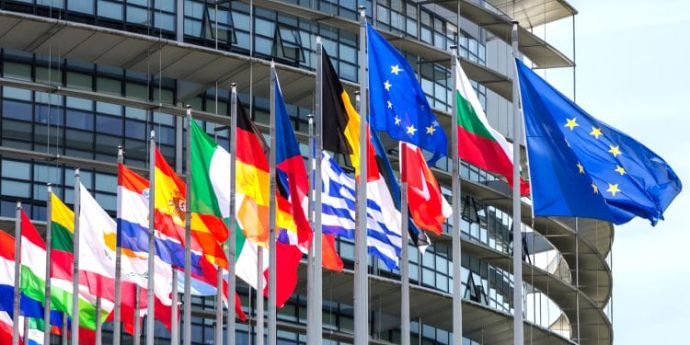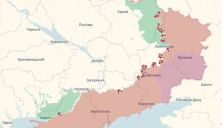Next week, on January 14, the European Commission will begin consultations with EU member states on the adoption of the 16th package of sanctions against Russia. Poland, which currently holds the EU presidency, insists that the new package be approved by the third anniversary of Russia’s full-scale invasion of Ukraine, i.e. by February 24.
However, diplomatic sources warn that the sanctions process may be complicated. Some countries, such as Hungary and Slovakia, may oppose stricter restrictions. In addition, European diplomats point out that the EU is approaching a certain “limit” in its ability to agree on sanctions.
The European Commission is also considering alternative options that would not require the unanimous support of all members. Such measures include raising duties on agricultural goods from Russia and Belarus.
Poland, along with a group of Scandinavian and Baltic countries, has already submitted its proposals for a new sanctions package. The main requirements include:
a complete embargo on imports of Russian gas and liquefied natural gas (LNG);
expanding sanctions on the Russian “shadow” fleet that illegally transports oil;
a ban on cooperation with the Russian nuclear industry.
Currently, only 72 vessels out of 600 units of the “shadow” fleet are subject to sanctions, and Poland proposes to significantly expand these restrictions.
As a reminder, on December 16, the EU adopted the 15th package of sanctions aimed at combating the circumvention of restrictions and weakening the Russian military-industrial complex.













